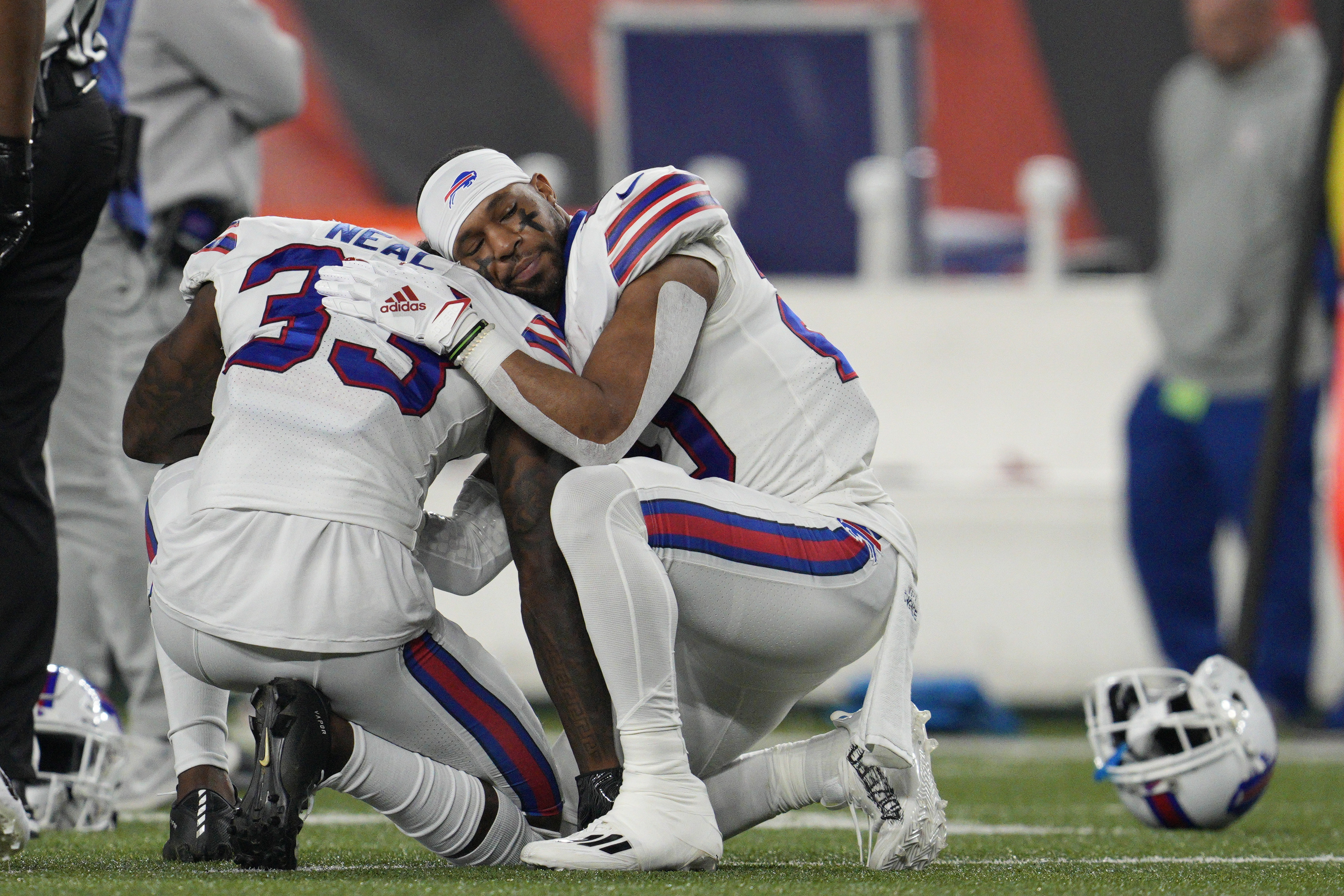Spinal cord injury can lead to cardiac arrest, with bradycardia being the most common dysrhythmia caused by disruption of the sympathetic pathway. This can have fatal consequences for individuals with spinal cord injuries.
Spinal cord injury can also chronically affect the structure and function of the heart and increase the risk of cardiovascular disease. It is important to understand the impact of spinal cord injury on heart health and take appropriate measures to mitigate the risks associated with cardiac arrest.
We will explore the connection between spinal cord injury and cardiac arrest, as well as the potential complications and implications for individuals with these conditions.

Credit: www.wsaz.com
The Impact Of Spinal Cord Injury On The Heart
Spinal cord injury can have serious implications on the heart, potentially leading to cardiac arrest. One of the main issues is autonomic dysregulation, which occurs when the sympathetic pathway is disrupted. This can result in bradycardia, a common form of dysrhythmia, and can have fatal consequences.
The dysfunction of the autonomic system caused by spinal cord injury can impair the overall cardiac function, leading to structural and functional changes. As a result, individuals with spinal cord injuries are at an increased risk of developing cardiovascular diseases.
It is important to understand the link between spinal cord injury and cardiac arrest in order to provide better care and prevention strategies for those affected.
Recognizing And Managing Cardiac Arrest In Spinal Cord Injury Patients
Cardiac arrest in spinal cord injury patients is a serious condition that requires prompt recognition and management. Identifying the signs and symptoms of cardiac arrest is crucial for early intervention. When cardiac arrest occurs, immediate actions should be taken, including initiating CPR and defibrillation if necessary.
Spinal cord injury can lead to cardiac dysfunction, making it vital to address the issue promptly. Bradycardia is the most common form of dysrhythmia in these patients and can potentially lead to fatal consequences such as cardiac arrest. It is essential to understand the impact of spinal cord injury on the heart and the increased risk of cardiovascular disease.
By being vigilant and taking decisive actions in cases of spinal cord injury cardiac arrest, healthcare professionals can potentially save lives and improve patient outcomes.
Preventing Spinal Cord Injury-Related Cardiac Arrest
Spinal cord injury-related cardiac arrest can have fatal consequences, mainly due to bradycardia, the most common form of dysrhythmia. Disruption of the sympathetic pathway by the injury can lead to cardiac arrest. It is essential to understand how spinal cord injury affects the heart to prevent such situations.
Regular monitoring and routine medical care play a crucial role in identifying any cardiovascular risks and addressing them promptly. Lifestyle modifications are also crucial in promoting heart health for spinal cord injury patients. By adopting a healthy lifestyle, such as maintaining a balanced diet, engaging in regular physical activity, and avoiding smoking or excessive alcohol consumption, the risk of cardiac arrest can be reduced.
Taking preventive measures and receiving proper medical attention can significantly improve the overall well-being of spinal cord injury patients.
Frequently Asked Questions Of Spinal Cord Injury Cardiac Arrest
Can A Spinal Cord Injury Cause Cardiac Arrest?
Yes, a spinal cord injury can cause cardiac arrest due to disruption of the sympathetic pathway.
How Does Spinal Cord Injury Affect The Heart?
Spinal cord injury can affect the heart by causing bradycardia, a type of irregular heartbeat that can lead to cardiac arrest.
What Is The Most Common Cause Of Death After A Spinal Cord Injury?
Cardiac arrest is the most common cause of death after a spinal cord injury.
Can A Spinal Injury Cause A Heart Attack?
Spinal cord injury can lead to cardiac arrest, particularly due to disruption of the sympathetic pathway. Bradycardia is the most common dysrhythmia after SCI and can be fatal.
Conclusion
Spinal cord injuries can have serious implications on the cardiovascular system, including the risk of cardiac arrest. One of the most common forms of dysrhythmia that occurs after a spinal cord injury (SCI) is bradycardia, which can potentially lead to cardiac arrest.
It has been observed that SCI can cause dysfunction of the autonomic nervous system, impairing cardiac function and increasing the likelihood of cardiovascular diseases. This association between spinal cord injury and cardiac complications highlights the importance of comprehensive medical care for individuals with SCI.
Emergency medical services must be cautious when dealing with potential cervical spine injuries as these can also result in cardiac arrest. It is crucial to provide timely and appropriate medical intervention for patients with spinal cord injuries to mitigate the risk of cardiac complications.
Research in this field is ongoing, aiming to improve our understanding and treatment of spinal cord injury-related cardiac arrest. By implementing comprehensive healthcare strategies, we can minimize the potentially fatal consequences of spinal cord injuries on the heart.
